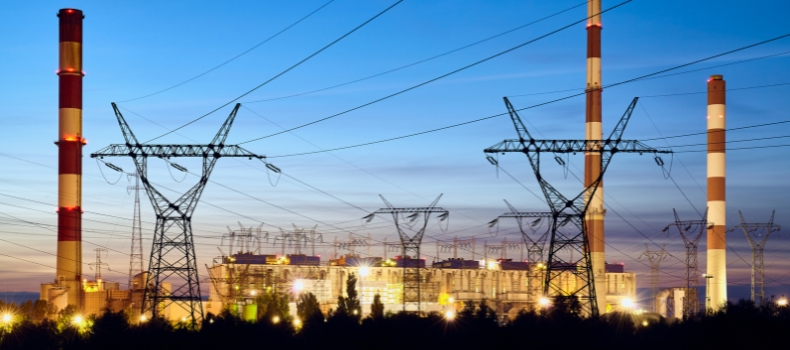The power and energy sectors are the backbone of Pakistan’s industrial and economic growth. Efficient supply chain management plays a critical role in ensuring the seamless operation of these industries by optimizing procurement, logistics, and distribution of essential materials such as fuel, equipment, and spare parts. With increasing energy demands and infrastructure expansion, supply chain companies must innovate to keep pace with the evolving landscape.
The Role of Supply Chain in Power and Energy
The energy sector depends on a well-structured supply chain to manage raw material procurement, transportation of fuel, and maintenance of power generation facilities. Whether dealing with thermal, hydro, or renewable energy sources, ensuring the timely availability of resources is crucial to avoid production disruptions and power shortages.
Key Challenges in the Sector
- Fuel Supply Disruptions: Dependence on imported fuel exposes the sector to global price fluctuations, supply chain delays, and regulatory restrictions.
- Infrastructure Limitations: Inefficient transportation networks and inadequate storage facilities hinder seamless logistics operations.
- Regulatory and Compliance Issues: Stringent government policies and import/export regulations add complexity to procurement and distribution.
- Technological Gaps: Many energy supply chains still rely on traditional management systems, leading to inefficiencies and delays.
Emerging Trends and Solutions
- Digital Supply Chain Integration: Adoption of AI, IoT, and blockchain technology can enhance visibility, tracking, and real-time decision-making for energy supply chains.
- Renewable Energy Logistics: As Pakistan moves towards solar, wind, and hydro energy projects, specialized supply chain strategies are required for transporting and installing renewable infrastructure.
- Strategic Inventory Management: Implementing predictive analytics for demand forecasting and stock optimization can reduce lead times and costs.
- Sustainable Practices: Green supply chain initiatives, such as optimizing fuel transportation and reducing carbon emissions, are gaining traction to improve environmental impact.
Opportunities for Growth
With major power projects under the China-Pakistan Economic Corridor (CPEC) and increasing foreign investment in the energy sector, supply chain companies have a significant opportunity to expand their services. Leveraging technology, improving infrastructure, and adopting sustainable practices can help overcome existing challenges and drive efficiency.
Conclusion
A resilient and agile supply chain is essential for the growth of Pakistan’s power and energy sectors. By embracing digital transformation, optimizing logistics, and focusing on sustainability, supply chain companies can enhance operational efficiency and contribute to the country’s long-term energy security.

